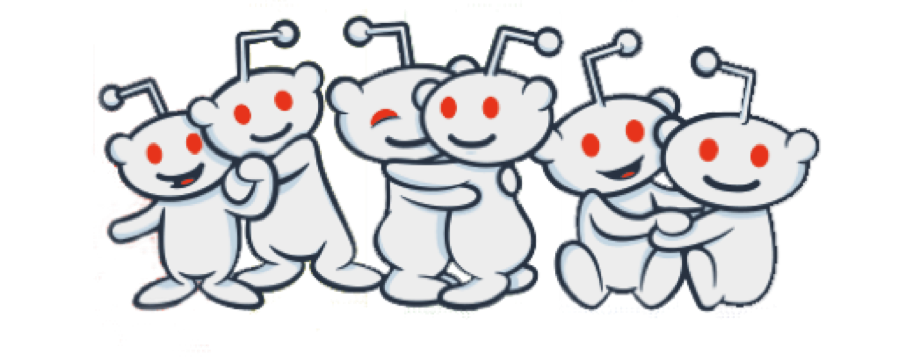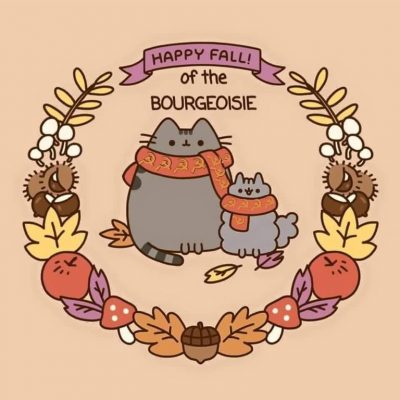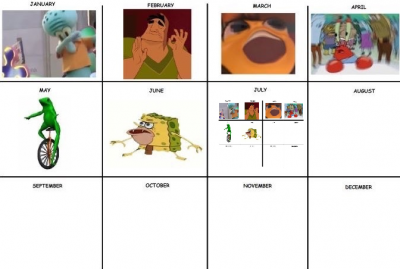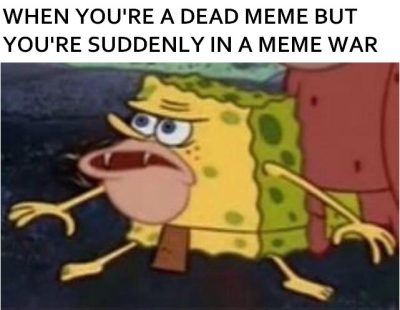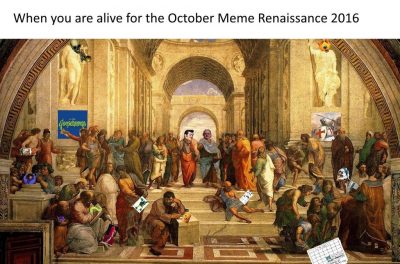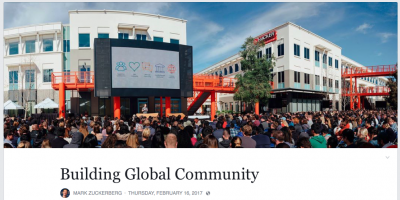
In his recent open letter to the “Facebook community,” Mark Zuckerberg issues a call to arms for people around the globe to come together in service of amorphous ideals like safety and civic engagement. He uses the term “community(ies)” over 100 times in the post.
He keeps using that word. I do not think it means what he thinks it means.
Community is one of those words that gets applied to so many social units that it becomes practically meaningless. Facebook is a community. The city you live in is a community. The local university is a community. Your workplace is a community. Regardless of the actual characteristics of these social units, they get framed as communities. But more often than not, they are not communities. This is not merely a semantic distinction; it has important consequences for how we think about governance, scales of human interaction, norms and values, and politics.
When you conjure a community in your mind, you probably do not immediately jump to Facebook or a corporate workforce or even your city. More likely you think of your local activist organization, your neighborhood, or the people you collaborate with on creative projects. You may even think of a Facebook group you’re a member of, or a subreddit you subscribe to. But if someone asked you what communities you’re a member of, would you really say “Well, I use Facebook…”?
Corporate entities are fond of the term community because it fosters a sense of familiarity with their brand, and as social creatures we crave belonging. It also serves as a stand-in idea for social units that are decidedly less compelling. “Millions of users” or “Massive consumer base” are not concepts that inspire an emotional connection. Less nefariously, community is not a cumbersome word in the way that “world-wide user base” is; or, at least, it feels less cumbersome.
But in reality, community serves us best when it is treated as a specific type of human relationship. It is a social unit based on voluntary association, shared beliefs and values, and contribution without the expectation of direct compensation. In my own work I’ve used the gemeinschaft-gesellschaft distinction popularized by sociologists like Ferdinand Tönnies, Max Weber, and Émile Durkheim, but really you don’t need a working knowledge of German sociology to come up with basic, common sense parameters for what constitutes a community. You know it when you see it. Or rather, you know it when you feel it, because community is ultimately an affective, emotional connection to other people.
How many times have you heard someone complain about how much they want to leave Facebook but can’t because there is so much momentum behind it, because everyone you know uses it? That’s a red flag that Facebook is not a community. Communities do not hold you hostage. Communities are “walk-awayable” so to speak. They are, in general, pretty easy to leave if you decide you are not getting what you need from them.
But really, this is a grossly over-simplified way to describe community at a sociological level. It’s too slippery to fit in a categorical box, and our notions of community change radically over time. Though it’s difficult to imagine a time before nation states, they are a recent phenomenon that required the cultivation of an entirely new and alien sense of community. This new scale of idealized human kinship allowed nation states to flourish and, eventually, dominate the globe. Benedict Anderson calls this phenomenon an “imagined community” that “is always conceived as a deep, horizontal comradeship,” despite the “actual inequality and exploitation that may prevail.”
It takes a great deal of work and informational infrastructure to coerce millions of people into believing that they are members of a shared community that behaves nothing like a meaningful community. Anderson cites print capitalism as a driving force of nationalism, which “created monoglot mass reading publics,” massive groups of people all reading the same language and being exposed to the same ideas. Mass produced print media, and later electronic media, fostered a national discourse and mythology: a pool of symbolic resources that “citizens” could draw on to understand themselves as a part of a huge, nebulous, diverse population.
Arguably, social media networks have supplanted nation states as the imagined communities du jour. The internet is the new printing press, the technological advancement that helped pave the way for our new imagined communities. I’ve previously written on how the explosion of political texts and images online reveal and perhaps perpetuate deep-seated, emotional disturbances in our ability to see our nation (in this case the US but it is likely true in many other countries) as a unified community. At current, it may be much easier to see a community-based kinship with your social network on Facebook than with your nation’s fellow citizens.
Media studies scholar Marshal McLuhan predicted Zuckerberg’s argument to some degree when he wrote about the “global village” that, thanks to high-speed electronic communication, would foster personal connections at a global scale, inducing us to be more invested in issues around the world. This sentiment is echoed in Zuckerberg’s manifesto. For McLuhan, the important consequence of a new medium (in the sense of every medium being “new” at some point) is its ability to extend human consciousness and sensorium beyond the body. You are projected onto the words on a page, the moving image on your television, and the email from your grandfather. From speech to writing to radio and the internet, we have stretched our consciousness further and further beyond the body.
McLuhan was not writing about internet communication specifically, so the notion of a particular platform like Facebook being a global, imagined community requires a new look at McLuhan’s global village, particularly with an emphasis on the role corporate branding and digital infrastructure play. It must go beyond the somewhat vague model of media nodes in a global network to understand the role of a specific, highly influential platform and the ways its developers seek to govern their own global village.
A crucial element of community is that, by and large, they are pretty horizontally governed. Leaders may emerge, power relationships certainly exist, and this is not necessarily a bad thing as leaders can afford to take on more of the responsibilities of maintaining a community then other members may be capable of. But leaders can also be easily overthrown in a community. If their leadership becomes unpopular, community members stop listening, stop doing what they’re told, and perhaps simply go elsewhere or start something new. The voluntary association element of community is a check on any undesirable shifts in shared beliefs and values. If the women’s caucus in your activist community is dominated by white women with shitty politics you can speak up, challenge the lack of diversity in leadership, or even leave and start your own more diverse caucus. I’m not saying it’s easy or consequence free, but it is doable. Less so with a nation, and less so with Facebook.
Facebook cannot be called a community because, while you can technically leave it, it can hardly be called a voluntary association. As I noted above, many users want to leave the site and build their own alternative social network platform, but that would require a mass exodus of users and a comparable platform elsewhere. It’s akin to saying “If you don’t like this country why don’t you just get out!” OK, sure, I could. Assuming I can sell my house, get my family to come with me, find a new job overseas, be given a visa or citizenship…
Facebook also, regardless of how much Zuckerberg plays up their “Community Standards,” is not based on shared values and beliefs. Users don’t set up Facebook accounts to fight for water justice or constitutional originalism or single payer health care. They sign up because their best friend from college moved across the country and they want to see what she’s up to, how her life is. Or they want to get to know the people in their dorm and easily organize events. Or they want to share dank memes that they stole from Reddit. But Facebook’s values like “safety” and “respect” are so variously defined, and so difficult to enforce, that they hardly qualify as shared beliefs among community members.
So why is it such a big deal when a large corporate entity tries to convince you that it’s a community, and that you’re part of it? For one thing, community members should have significant say in governance. Communities should not be run by a CEO and a board of directors. Communities generally don’t have their members’ activities filtered based on how many people liked a post or some other algorithmic tinkering that is both invisible and consequential. And lulling users into a false sense of their role in governance encourages complacency, inspiring greater trust in leadership than is warranted.
Zuckerberg wants to take (minimal) responsibility for Facebook’s role in spreading disinformation during the election. He wants to make serious journalism at local and global levels a more important part of Facebook’s content. He wants to minimize sensationalism. And he wants accomplish this in large part with AI development.
In keeping with Facebook’s history of vagary, Zuckerberg is pretty unclear about how he wants any of this to work. On what basis will AI filter news content? What role will peer sousveillance and reporting objectionable content play? So far this has generally meant that photos of women breastfeeding are terribly objectionable while racial slurs and threats of violence are left to stand. Zuckerberg says it will take greater AI development to make the tech more capable of “reading” images and videos, and yet my (and many others) experience is that an image of a fat woman in her underwear promoting self-love is apparently much more offensive than a commenter threatening sexual violence against another user. The problem doesn’t seem to be medium—it’s what counts as objectionable.
Facebook should not be thought of or presented as a community because it can never be governed as a community should be—based on egalitarian and horizontal decision making, a set of specific shared norms and values (not “safety” and “engagement” but rather “keeping the block clean” or “supporting public schools”), and based not on profit and information gathering but on mutual aid without the expectation of direct compensation.
Zuckerberg writes, “Facebook is not just technology or media, but a community of people.” But it’s best thought of as an imagined community, the new nation state that essentially propagandizes you into feeling comradery with both a brand and a massive user base consisting by and large of people who don’t share your values.
The nation state requires that its citizens not only believe in their solidarity with fellow citizens, but also that they allow themselves to be counted, moved geographically, subject to the state’s monopoly on legitimate violence, and surveilled. Zuckerberg’s manifesto gussies up the digital versions of these tactics to legitimize the top-down governance of Facebook, minimize its failures, and convince users that better things are on the horizon. And despite all the criticisms of Zuckerberg’s letter published in various media outlets, you need only look at the comments on his post to see that it’s working. The leader has given his people happy, tingly, community feelings.
The old jingoistic saying might need to be updated for the 21st century:
My Facebook, right or wrong.
Britney is on Twitter
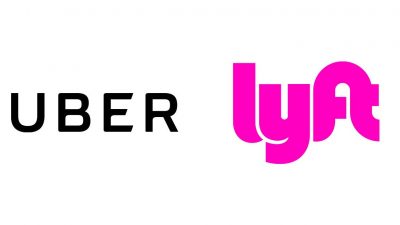 With the New York State Assembly’s recent budget, and after a long fight among labor organizers, lawyers, business owners, and legislators, ridesharing has come to town here in upstate New York. Ride-sharing advocates are celebrating the victory, claiming that it will spur economic development and reduce drunk driving. I spoke with local Service Employees International Union (SEIU) organizer Sean Collins about the new legislation and what effects it might have on the region, as well as the rhetoric regarding the benefits of services such as Uber and Lyft and the increasing replacement of public transportation improvement with private entities.
With the New York State Assembly’s recent budget, and after a long fight among labor organizers, lawyers, business owners, and legislators, ridesharing has come to town here in upstate New York. Ride-sharing advocates are celebrating the victory, claiming that it will spur economic development and reduce drunk driving. I spoke with local Service Employees International Union (SEIU) organizer Sean Collins about the new legislation and what effects it might have on the region, as well as the rhetoric regarding the benefits of services such as Uber and Lyft and the increasing replacement of public transportation improvement with private entities.
